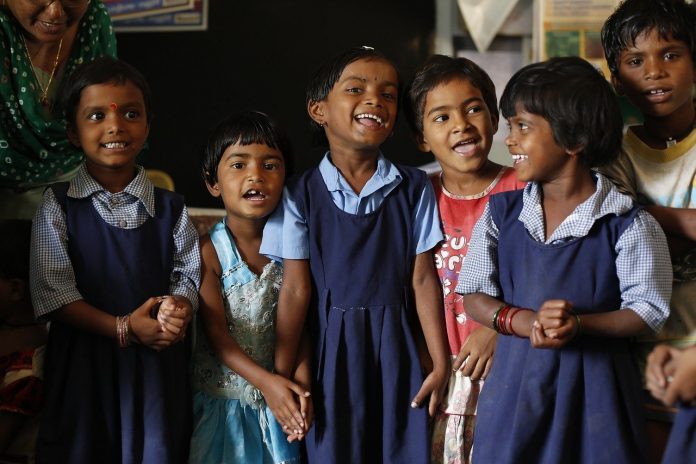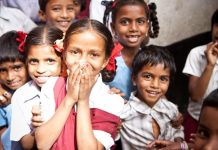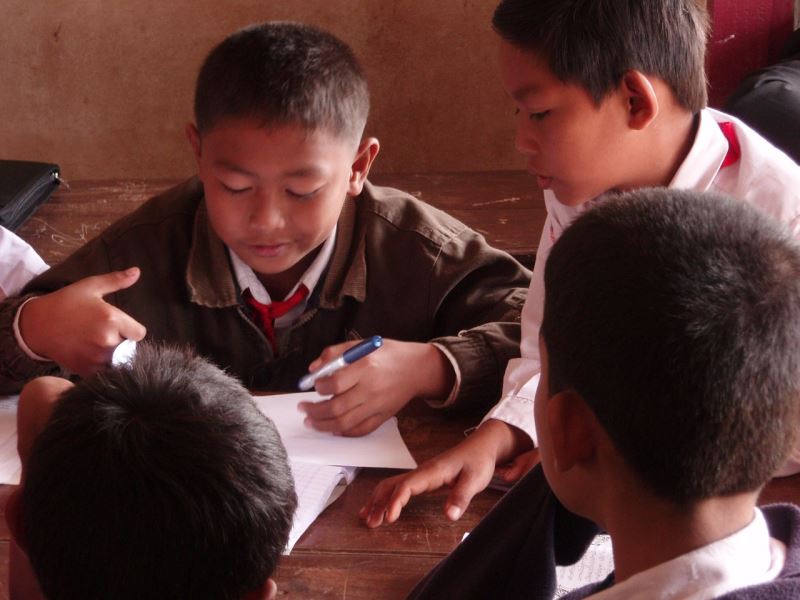
It is but evident that the coronavirus pandemic has been having a very negative impact on the educational sector in the country and has left lakhs of Indian children without access to educational and learning opportunities of any form. While a select section of students are being offered learning opportunities in the form of online education and classes, a majority of Indian children have been completely cut-off from the educational milieu ever since the lockdown was first announced and schools were closed down for an indefinite period of time.
In a latest report coming in from Haryana, it has been found that more than 14% of the children enrolled in government schools don’t have books and more than 23% of these children don’t also have access to smartphones to be able to access online learning resources.
These findings have been revealed in the Annual Survey of Education Report(ASER)2020 which has helped in highlighting the problems faced by the students living in rural parts of Haryana and are unable to access online educational resources amid the coronavirus pandemic.
This survey was conducted across 627 villages across the state and covered over 2,442 students in the age group of 5-16 years. The study has shown that 14.1% students of government schools don’t have access to the right textbooks appropriate for their class and 10.04% students in private schools in Haryana also don’t have access to textbooks appropriate for their class. 18% students of class 9 and above don’t have access to appropriate books. 23% students in governments schools also don’t have smartphones at homes, while 12.6% studying in private schools don’t have access to smartphones.
Uneducated Homes Find it Impossible to Support Children in the Absence of Formal Academic Assistance
From the findings of the report it becomes quite clear that the coronavirus pandemic and the resultant prolonged closure of schools has had a very negative impact on the educational opportunities of children. The children who have to stay dependent solely on the school for learning and their academic pursuits are the worst hit because they belong to homes where the parents are illiterate or are at best able to help children in the smaller grades in their studies but not children who are older. Although the parents showed an overarching interest in the education of their wards and wanted to do everything to help out their children, many of them confessed to finding themselves helpless especially as far as helping out their wards who studied in the upper grades was concerned.
What has heightened this issue more is the fact that schools have tried to retain little contact with the children and neither has an attempt been made by the school authorities to strike a dialogue with the parents. Given this condition, it is evident that a large number of children enrolled in the government schools of Haryana are finding themselves in greater positions of vulnerability as far as their access to education is concerned.













